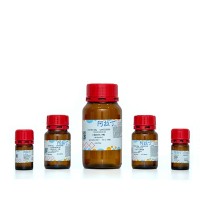Little is known about peptides that control developmental processes such as cell differentiation and pattern formation in metazoans. The cnidarian Hydra is one of the most basal metazoans and is a key model system for studying the peptides involved in these processes. We developed a novel peptidomic approach to the isolation and identification of functional signalling peptides from Hydra (the Hydra peptide project). First, peptides extracted from the tissue of Hydra magnipapillata are purified to homogeneity using high-performance liquid chromatography (HPLC). The isolated peptides are then tested for their ability to alter gene expression in Hydra using differential display-PCR (DD-PCR). If gene expression is altered, the peptide is considered as a putative signalling peptide and is subjected to amino acid sequencing. Following the sequencing, synthetic peptides are produced and compared to their native counterparts by HPLC and/or mass spectrometry (MS). The synthetic peptides, which are available in larger quantities than their native analogues, are then tested in a variety of biological assays in Hydra to determine their functions. Here we present our strategies and a systematic approach to the identification and characterization of novel signalling peptides in Hydra . We also describe our high-throughput reverse-phase nano-flow liquid chromatography matrix-assisted laser desorption ionization time-of-flight mass spectrometry (LC-MALDI-TOF-MS/MS) approach, which was proved to be a powerful tool in the discovery of novel signalling peptides.






